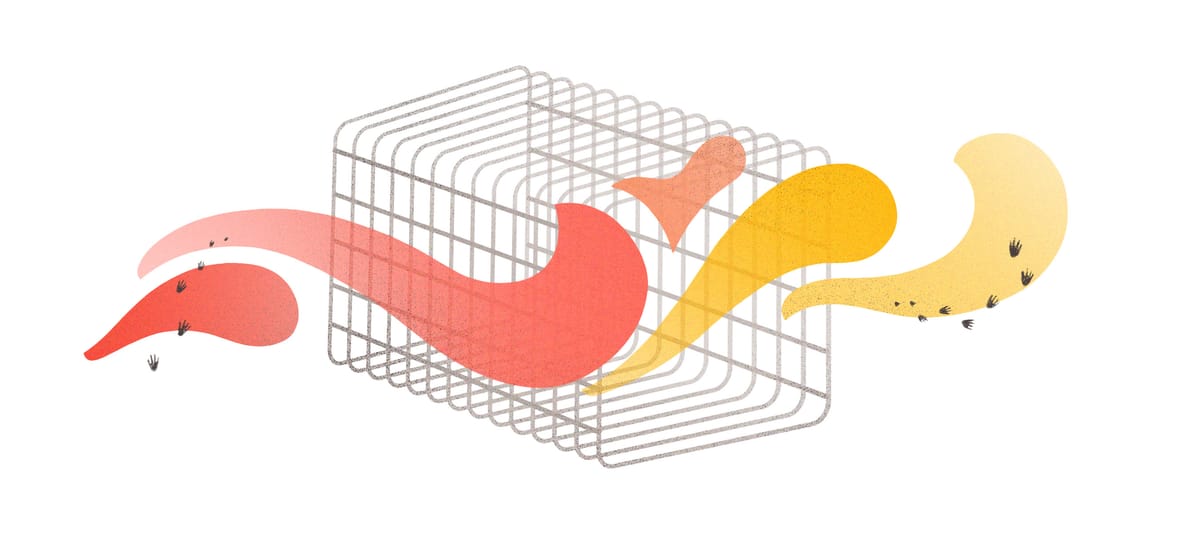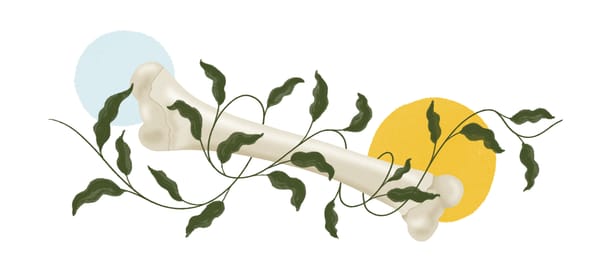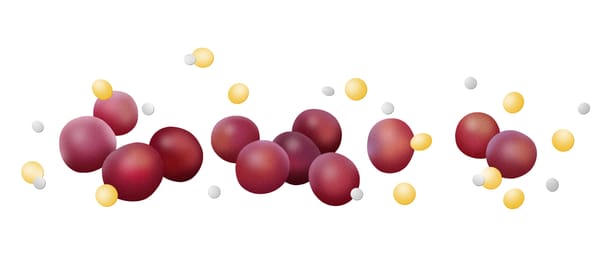Kitchen Rat
by Nancy McCabe | A small reckoning.

Midnight: an unholy commotion arises from the kitchen, as if the pots and pans have suddenly animated, forming a percussion band. Racing down the stairs, my daughter and I discover a rat stuck to a glue trap. We scream, leap back onto the stairs, peer around the corner and scream again. The rat thrashes, surfs across the floor as if on bumpy waves. The board turns and twists and almost stands on end, then bangs against the floor.
A couple of weeks ago, we came back from a walk and found the pan of lunch leftovers licked clean, and my new boyfriend, my first in twenty-five years, said, “Ho, ho, you have a rat.” He was weirdly gleeful, superior, maybe eager to rescue me so I’d be beholden. I was squeamish about a trap that would break an animal’s neck—because it seemed cruel, or maybe because I didn’t want to have to deal with the corpse afterward. I remembered how cleanly I’d disposed of cockroaches in the South, years ago, setting up roach motels and finding insects hours later, front legs outstretched as if they’d died while running. I could scoop up the open-ended boxes and toss them out of sight and mind into the trash.
But now I realize I have failed to plan for a mammal stuck fast to glue, struggling in a turmoil of stark terror. Barely bigger than a mouse, with tiny ears and wispy whiskers, the rat was not the fat wobbling rodent of my imagination, flinging around bubonic plague germs.
If I’d googled, I would have learned that rats are creatures that can laugh and dream and imagine their actions in advance. If I’d googled, I’d have learned that animals have been known to rip off their skin or chew their own limbs trying to escape glue traps. I’d have learned that the least cruel thing now would be a sharp blow to the rat’s head with a hammer.
But all I can think to do is contain the wild wheelies. Find a container to put over the whole mess, leave the rat to suffer all night, call my boyfriend in the morning. My daughter follows close behind, emitting occasional screams as I retreat up the stairs in search of a box.
When we return to the kitchen, hearts pounding, the room is silent. All of the commotion and despair, gone. The next morning, my boyfriend finds the empty glue trap under the stove, where the animal leveraged itself free.
Later, I will discover that the rat chewed through several books in my den, including ones written by my last boyfriend of twenty-five years ago. He’d inscribed one book “May your sun run, if you want it to.” An allusion to Marvell’s “To His Coy Mistress,” a sly reminder that he saw our relationship as about seduction, not commitment. For the two years we were together, it felt as if I was always bumping across the swell, the bulge, the pulse of stormy waters.
I retreated to adopt and raise a child alone. For those years, I imagined living according to the gravitational forces of the sun, the moon, the stars, only sometimes bulging placid water into waves.
The new boyfriend offers to take us to California for my daughter’s birthday and arrange surfing lessons for her. “No thanks,” she says, because she thinks he wants to control her.
There is still the matter of the rat. I will acquire a humane trap—a cage—and, later, a cat that will leave rodent skeletons and sometimes the odd tail stuck to the basement floor. I’ll look at my sweet, furry, purring creature with horror while letting her do my dirty work.
I’ll remember the day the door of the live trap slams on my rat, which stares at me with its beady black eyes, its little pointy nose and ears reminding me of the pets of childhood friends. I’ll feel virtuous, loading the trap into the trunk of the car and driving far out of town. I’ll tell my boyfriend about it. He’ll roll his eyes at my daughter’s drama. He’ll be my boyfriend for only a few months longer. He won’t understand how free I feel of fear and my own capacity for cruelty as we drive, my daughter rolling down her window and screaming into the wind.
Nancy McCabe is the author of nine books, most recently the middle grade novel Fires Burning Underground, the young adult novel Vaulting through Time, the comic novel The Pamela Papers: A Largely E-pistolary Story of Academic Pandemic Pandemonium, and the memoir-in-essays Can This Marriage Be Saved? Her work has appeared in numerous magazines, won a Pushcart Prize, and been recognized on notable lists of Best American anthologies ten times. Learn more about her work at nancymccabe.net.
This essay is a Short Reads original.
From the archive
Oct 9, 2024
“Aftermath”
by Elane Johnson | The details you remember. Oct 11, 2023
“Of Phones”
by Jill Talbot | Cords & connections.
PS/ We’re looking for new flash essays. See the submission call →
Want more like this? Subscribe to Short Reads and get one fresh flash essay—for free—in your inbox every Wednesday. Or become a supporting subscriber and help us pay writers.







